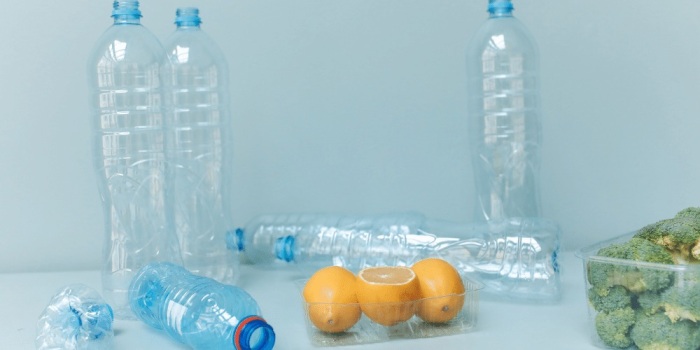The National Institute of Ocean Technology (NIOT) created a bio-plastic film out of marine seaweed and PEG-3000. This might be a game-changer in the plastics business, reducing the use of non-biodegradable polymers significantly.
Bio-plastic films degrade in the environment without causing toxicity. Yet their physical and mechanical qualities are comparable to those of ordinary plastics.
Conventional plastics vs Bio-plastic
Conventional plastics continue to represent a serious threat to the environment owing to their interaction with water. Which leads to the creation of harmful compounds that eventually leak into the environment. Other bio-plastics, such as those that can come from plant sources like corn starch and sugarcane, are shown to be similar to seaweed-based bio-plastics while being marketed as eco-friendly and renewable. Meanwhile, conventional plastic takes hundreds of years to degrade.
Scientists have now directed their research to find marine biomass as an alternative to producing biodegradable plastics. More sustainably so that biomass used for feedstocks is not disturbed in their quest. To find viable alternatives without compromising the land-based edible plants used for human consumption.
Different hazardous polymers are widely in use in a highly populated nation like India owing to the demand for packaging of various consumer and food goods. NIOT researchers, on the other hand, have successfully manufactured and tested bioplastic films using environmentally benign procedures based on seaweed. One of the possible solutions they discovered was the use of renewable seaweed.
Kappaphycus alvarezii
The red algae Kappaphycus alvarezii is a seaweed that is a significant commercial source of carrageenans and other compounds with a wide variety of industrial uses. These algae are extremely colloidal and inexpensive to produce in a short culture time (45 days) using only sunshine and no freshwater or chemicals. They are also possible sources of polymers, which are comparable to the terrestrial plant-based polymers used to make food packaging and carry bags and allow for good oxygen and moisture permeability.
Because good oxygen and moisture permeability are two critical characteristics for fresh product packaging to enhance shelf life. NIOT scientists believe red seaweed might be our environmental savior when it comes to replacing toxic plastics.
To attain better tensile strength, the scientists used a macro-algae Kappaphycus alvarezii (whole seaweed). Farmed in the Gulf of Mannar area for bioplastic film synthesis with the plasticizer polyethylene glycol (PEG)-3000. PEG is a non-toxic and environmentally benign polymer that primarily comes in use to boost the thermos-plasticity of polymers used in the pharmaceutical industry to create creams and dispersion agents used in pharmaceutical goods.
Bio-plastic polymers
The current NIOT study found that bio-plastic polymers may biodegrade spontaneously in a short period without releasing any harmful wastes. These are disposable by standard food waste collection system. According to the study, commercial production of bio-plastics from this seaweed might be a game-changer shortly.
Dr. Muthiyal Prabakaran Sudhakar, Mr. Dhassiah Magesh Peter, and Dr. Gopal Dharani from Ocean Science and Technology for Islands, Marine Biotechnology, NIOT, Ministry of Earth Sciences, Government of India, Chennai, led the study, which was recently published in the journal Environmental Science and Pollution Research.


